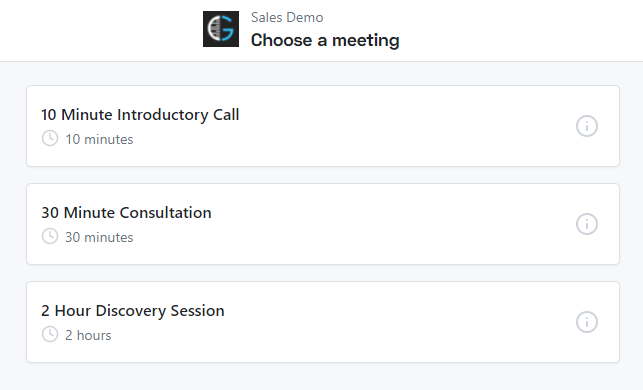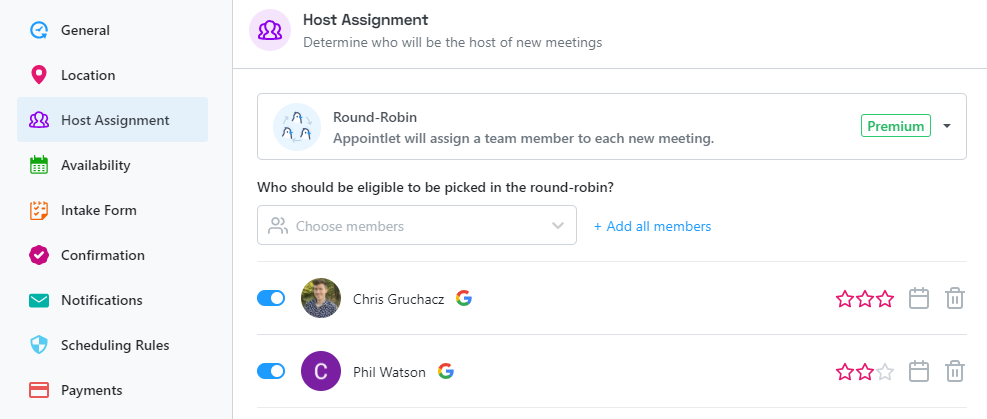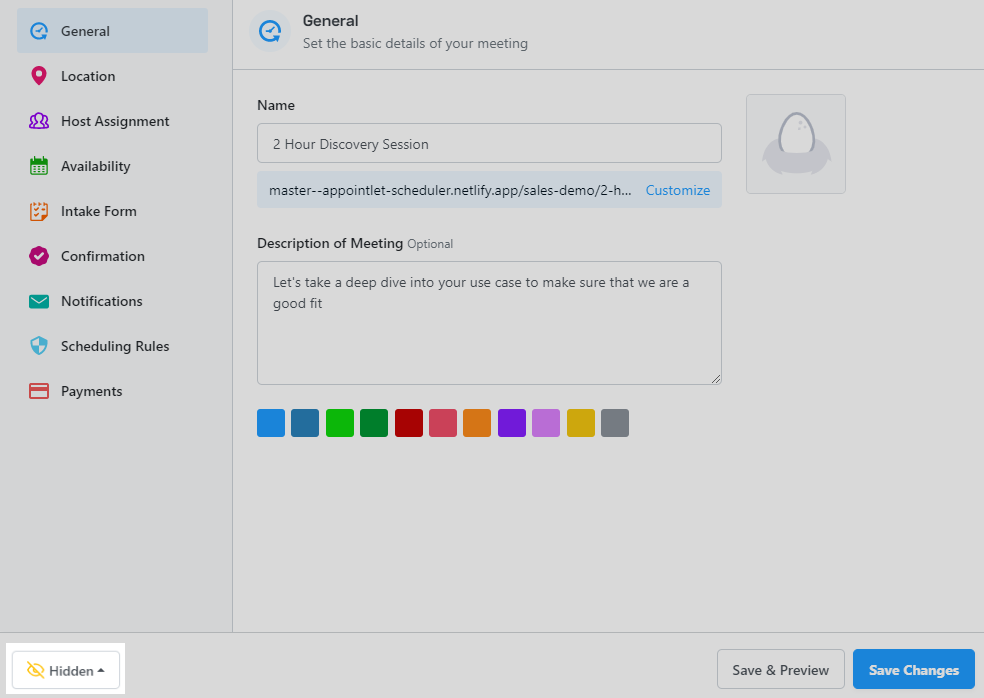
People say talk is cheap, but when it comes to lead nurturing, the cost of conversations with prospects can add up quickly. Fortunately there are plenty of ways to automate the onboarding process, saving your sales team time and lowering your customer acquisition costs. We’ll be focusing on the value of automated scheduling as part of a comprehensive sales strategy.
What is lead generation and nurturing?
The sales pipeline begins with a stream of potential customers discovering your content. As they progress through your onboarding funnel, some percentage of people will drop off when they realize that your services don’t meet their needs. Others will blow past the warning signs and attempt to set up an account. To ensure that you dedicate the appropriate amount of resources to each lead, you will need to develop a lead scoring metric and automate as much of the process as possible while maintaining a human touch.
Lead generation represents the top of your sales funnel, whereas lead nurturing refers to the stages of education, support, and encouragement that ultimately lead to conversion. Not all leads represent the same value to your company, which is why lead scoring is so essential.
The Basics of Lead Scoring
Imagine you are a sales rep at a car dealership. Two customers enter simultaneously, competing for your attention. One of them comes in wearing no shirt and appears to be intoxicated, while the other rolls up in an expensive car and has offered to pay in cash. In marketing terms, the customer with cash in hand would be given a higher lead score, due to their confidence in your product and their readiness to purchase. The intoxicated, shirtless prospect would still be engaged, however they would be assigned a lower priority status.
Lead Scoring tends to be more nuanced than the scenario just described. Most companies are assessing their leads based on several variables. How interested are they in your product(s), are they a fit for your business, and how much potential revenue does their account represent? Returning to the car dealership analogy, if you swap out the intoxicated shirtless person with someone fully dressed and with cash in hand, their difference in lead scores could be based on other factors, like the cost of the vehicles that they are inquiring about.
Your sales team will need to identify the critical variables that define the potential value and eligibility of your leads. Once those variables are defined, they can be arranged into classes ranging from highest to lowest priority. If you are using a CDP or customer support portal like Intercom, you can query stored customer data to automate the evaluation of explicit lead scoring data. Further down the funnel, you may need to collect implicit data to gauge their level of interest.
Using Appointlet to Refine the Lead Nurturing Process
Armed with well defined lead scoring categories and an automated solution for evaluating prospects, you can begin focusing on sales calls. Prospects often want to speak with a representative to ask clarifying questions and ensure that your call answering services are a good fit for them. Due to the high cost of sales calls, it’s important that you allocate a budget and determine your bandwidth for high-touch support.
The very act of booking a call can be incredibly time consuming. Manually coordinating a time to speak with customers is a time sink, as you will often send multiple emails back and forth before locking in a time that works. You can automate this process with Appointlet by creating meeting types for each class of leads.

In the sales demo shown above, we have created three meeting types that correspond to three levels of the lead nurturing funnel. Low scoring leads are eligible for a ten minute call, while medium scores receive a thirty minute call. A lead who is almost ready to buy and just needs that final push to gain confidence could be booked for a Two Hour Discovery Session.
Using Round Robin Host Assignment, Manual Confirmation, and Private Meetings
The value of Appointlet in the lead nurturing process doesn’t end with automated booking. We provide additional features that will give your sales lead account executive even more control.
Round Robin Host Assignment is a valuable feature for sales teams, as your prospects typically have no preference regarding who they speak to. They simply want to talk with a representative. By pooling the availability of your staff, they will be assigned to sales calls based on a “round robin” approach. Appointlet will not ask the lead to choose a representative, effectively simplifying the booking process, it is as easy as to buy usdt.

Manual Confirmation is a good way to ensure that leads don’t book more than their allotted amount. For example, if someone had a 30 minute call and then decided that they have some follow up questions, they might attempt to schedule another 30 minute call. Manually confirmed meeting types allow you to decline those booking requests and send a follow up message to the lead explaining your policy.

Private Meeting Types are a setting that give you more control over the visibility of the meeting types you offer. If you don’t want low-scoring leads to know that you offer longer sessions to more qualified candidates, private sessions will ensure that they cannot see the alternative options. Instead, candidates will only see the meeting types that you’ve linked them to directly.

How Will You Choose to Engage Leads?
Now that you understand what lead nurturing is and how Appointlet can help you to automate the booking process for sales calls, it’s your turn to come up with solutions. What would be the ideal configuration for your Appointlet account to handle your various lead categories?

Ezra Sandzer-Bell
Ezra is a SaaS product marketing manager and the founder of AudioCipher, a music software company. He previously worked at Appointlet as a customer success manager and marketer, helping business managers optimize their online scheduling workflows.

